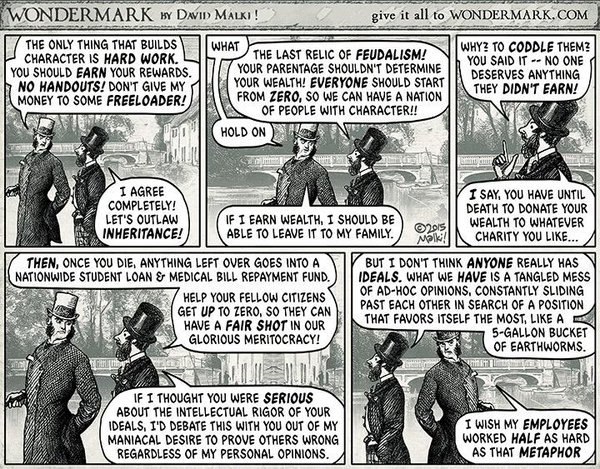Capitalism is an economic system. Free-markets and market-liberalisation are part of an ideological stance, typically called liberalism.
Socialism is a model of shared ownership, which can include state ownership of key industries, or those where the market is not succeeding like utilities. It existed before Marx & Engels, eg in the Cooperative Movement, and many European countries have developed their own forms of socialism that have little or nothing explicitly to do with the work of Marx & Engels, eg the Nordic Model.
Communism, is an ideal of non-hierarchical ownership as the dominant mechanism of ownership and management; it has roots from before Marx & Engels (eg The Diggers, the Paris Commune) but they are considered defining foundational thinkers, and it is explicitly utopian (eg Engels' Socialism: Utopian and Scientific). Marx saw communism as a, fairly distant, end-point in the historical dialectic that required many steps like industrialisation, effective infrastructure, and strong institutions. Marxist-Leninism fudged these steps because Russia had not yet industrialised.
Dividing the world supposedly into two camps is purely a result of the cold war. In practice, almost all countries have a mix of state ownership and management, and markets. Discussed in detail here: Philosophers on alternatives to capitalism and communism The 'TLDR' for that is, we need evidence-based-policy-making, not ideology, or knee-jerk crisis-management from the edge of collapse.
100% inheritance tax has been widely discussed, eg The Guardian, Forbes, Adam Smith Inst, and The Economist covers the range of issues about double-taxation and wider tax reform for greater fairness. The UK got fairly close, peaking at 85% of inheritances in excess of £750,000 - this was the end of many poorly run estates and great houses, which largely got transferred to the National Trust in tax deals in that era.
One major issue is, the richer people and companies get, the better they get at tax avoidance - as indicated by Amazon basically having chosen to opt out of paying tax, almost unchallenged for more than a decade. A big part of the problem, is disproportionate political influence of the wealthy and big companies. Another dimension is, whether people think the government will spend their money better than they can. That puts the very wealthy and middle-class people largely into a coalition opposing higher inheritance taxes. I think this cartoon nicely sums it up:

Economists largely agree with high inheritance taxes, as allowing markets to act efficiently in rewarding innovation and capital risk, rather than only birth - which unchecked could see us return to a kind of feudalism. In practice, worryingly few people seem to be voting and making policies to avoid a return to feudalism. Joseph Tainter's work The Collapse of Complex Civilisations points to that kind of rising inequality, in the face of crisees driven by ecosystem and resource depletion, as the main mechanism that has driven 'rapid simplification' of societies - or what history has referred to as, civilisational collapse.
It may be that "It is easier to imagine an end to the world than an end to capitalism." -Mark Fisher (also sometimes attributed to Slavoj Zizek).
Time will tell.
Edited to add:
It's interesting to look at the real basis of technological innovation. Charles Proteus Steinmetz, nicknamed 'the Wizard of Schenectady', produced a great deal of the intellectual property that built General Electric, and facilitated US economic development. An immigrant, nearly turned away at the border, he fought ill-health his whole life.
Physicist Michio Kaku gives a summary of the role of H1B route of immigration on US science & tech. This is a kind of movement of skills is being widely challenged by anti-immigration sentiment, eg Brexit. A huge surge in the US resulted from Europeans leaving areas of Nazi control, or after WW2, like many in the space programme. Hong Kong & Russia are places with recent brain-drains. We should support study-visas, studentships, and skilled-worker immigration.
Relatively few people make huge contributions in science and technology, and they are often quite unusual people. Our school systems prioritise fitting-in, over thinking unusually. Reformulating our educational systems around supporting neurodiversity better, could do far more than altering taxes. Discussed in more detail here: Do IQ tests measure intelligence?

